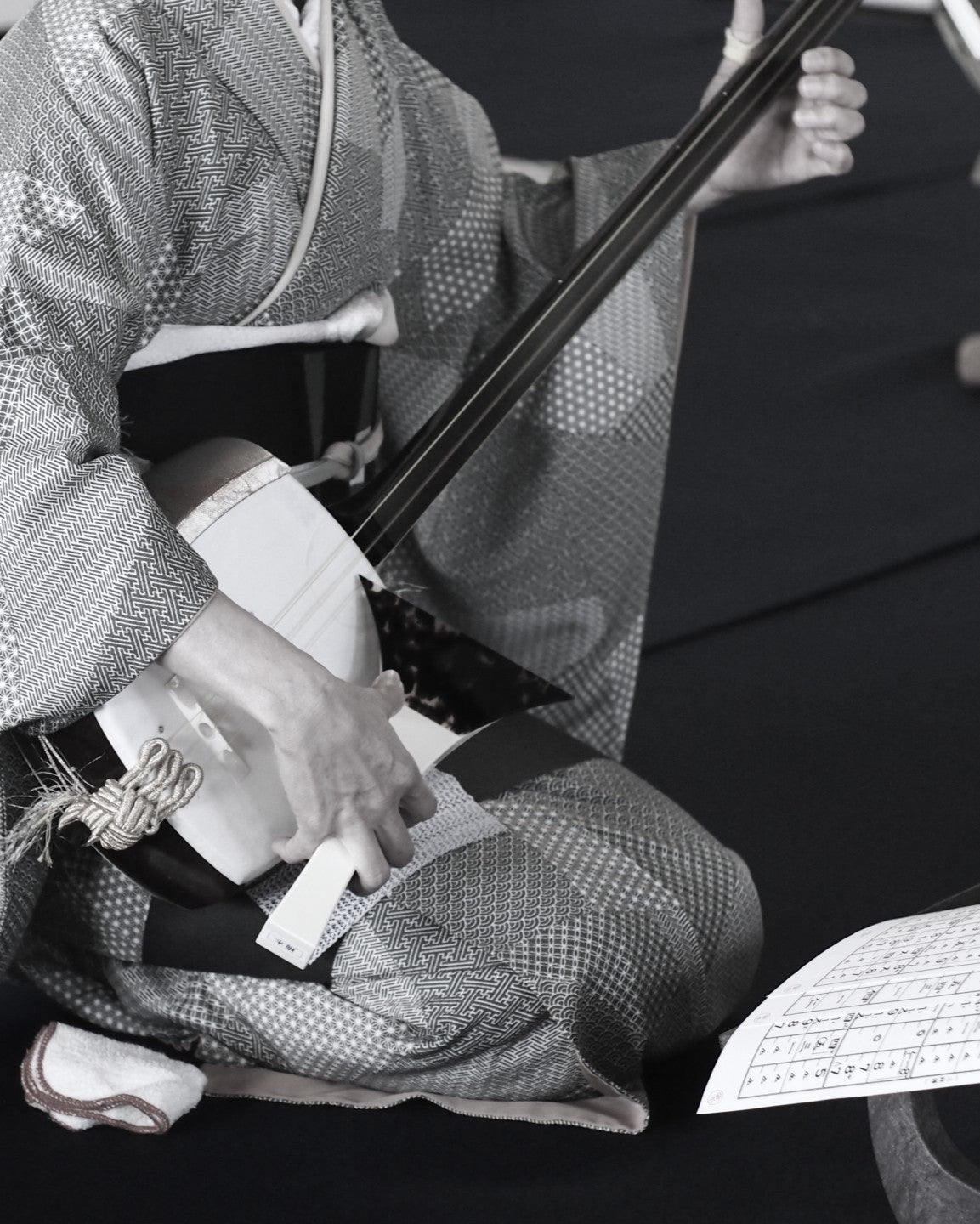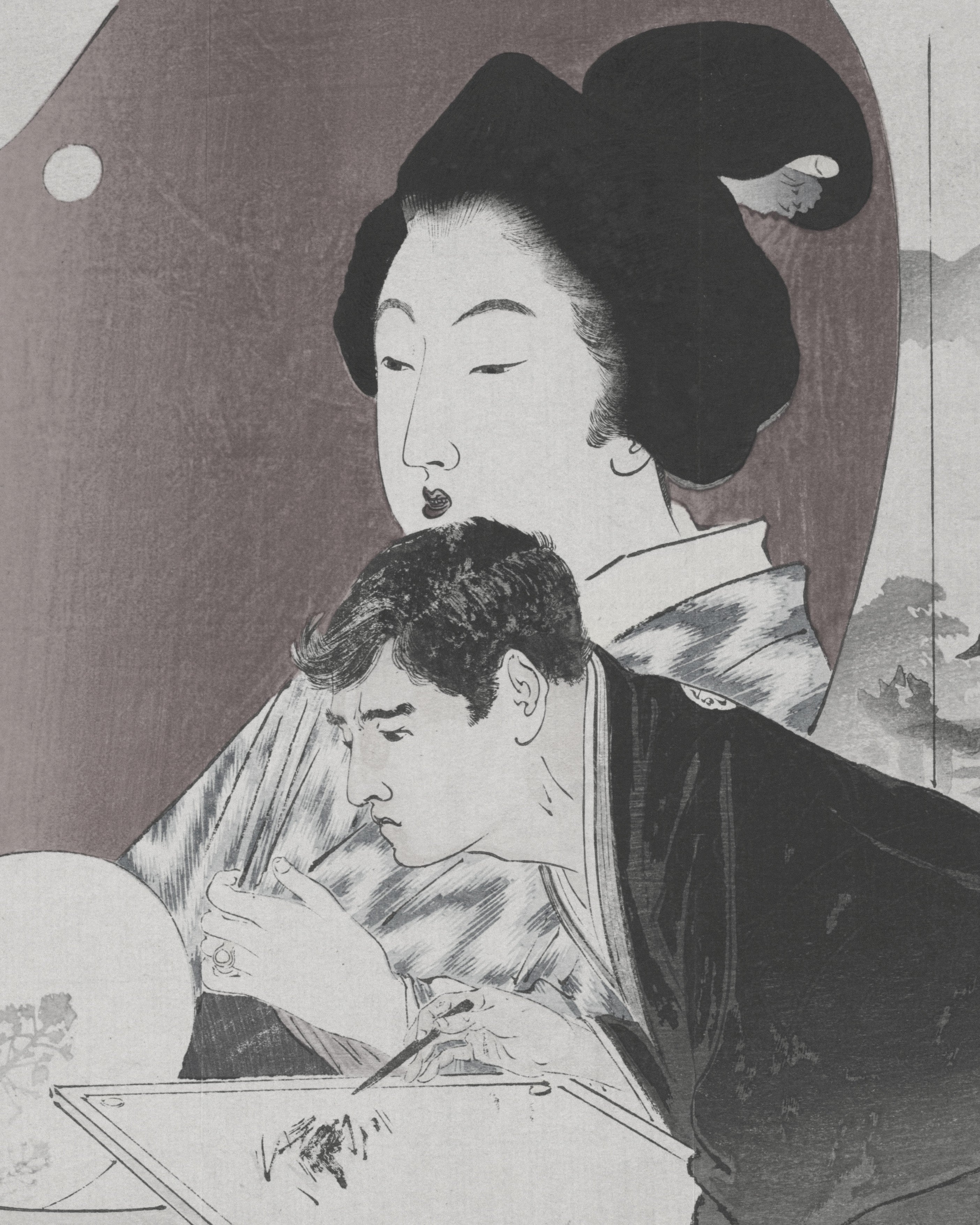While many people resonate with the Zen and cyclic spirit of Buddhism and Japanese culture, I am pained by the reality that the deeper meaning of Buddhism is not fully conveyed and kanji is consumed as mere decoration. A tattoo is something that will be etched on your body for the rest of your life. We wanted to bridge the cultural gap that cannot be bridged by small regrets, by carefully spelling out each letter and line and explaining the philosophy behind the words.
As a Japanese, I was determined to help inscribe the words in the correct form. In this time when the world values diversity and everyone must insist on peace, I would be happy if kanji tattoos, carrying the spirit of compassion and respect, can be the key to supporting self-worth beyond race and religion.
Read more

Kanji tattoos are simple, beautiful, and often carry a sense of quiet mystery. But behind each character lies a rich depth of language, philosophy, and cultural meaning. Take the character “愛” (*ai...

In Edo-period Japan (1603–1868), tattoos were not always an art form—they were once used as punishments. Criminals were marked with inked symbols on visible parts of their bodies, branding them for...
